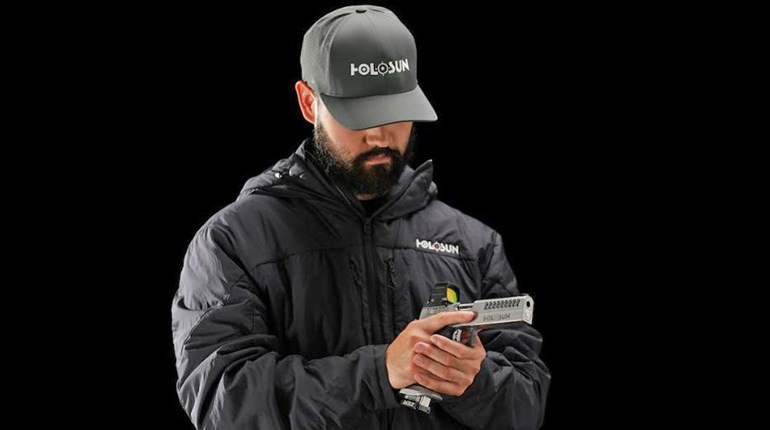
Last week, in the case United States v. Rahimi, the U.S. Supreme Court upheld the federal prohibition on firearms possession by individuals subject to domestic violence restraining orders in an 8-1 decision.
The federal prohibition, codified at 18 U.S.C. § 922(g)(8), is triggered when: (A) a court issues an order after notice and a hearing; (B) the order restrains the individual from “harassing, stalking, or threatening an intimate partner of such person or child of such intimate partner or person, or engaging in other conduct that would place an intimate partner in reasonable fear of bodily injury to the partner or child”; and (C)(i) the order “includes a finding that such person represents a credible threat to the physical safety of such intimate partner or child” or (C)(ii) “explicitly prohibits the use, attempted use, or threatened use of physical force against” those individuals.
Zackey Rahimi, who was involved in five shootings between 2020 and 2021, brought a facial challenge, arguing that Section 922(g)(8) violates the Second Amendment in all its applications. In its majority opinion, authored by Chief Justice John Roberts, the Court ruled against Rahimi, finding that Section 922(g)(8)(C)(i) is constitutional as applied to the facts of Rahimi’s own case, because the nation’s historical tradition demonstrates that “[w]hen an individual poses a clear threat of physical violence to another, the threatening individual may be disarmed.” The Court declined to decide whether disarmament under Section 922(g)(8)(C)(ii)—which does not necessarily require a judicial finding of dangerousness—is also constitutional. Nor did the Court address what due process is required before disarmament.
The lone voice of opposition in the 8-1 decision came from Justice Thomas, who stated in his 32-page dissent: “The question is whether the Government can strip the Second Amendment right of anyone subject to a protective order—even if he has never been accused or convicted of a crime. It cannot." He continued that, “The Court and Government do not point to a single historical law revoking a citizen’s Second Amendment right based on possible interpersonal violence."
Regardless, the scope of the decision remains small. According to NRA-ILA executive director Randy Kozuch, “The Supreme Court's narrow opinion offers no endorsement of red flag laws or of the dozens of other unconstitutional laws that the NRA is challenging across the country that burden the right of peaceable Americans to keep and bear arms." He continued that, “This decision holds only that an individual who poses a clear threat of violence may be temporarily disarmed after a judicial finding of dangerousness."
For more on the latest cases involving the Second Amendment, visit nra-ila.org.




































